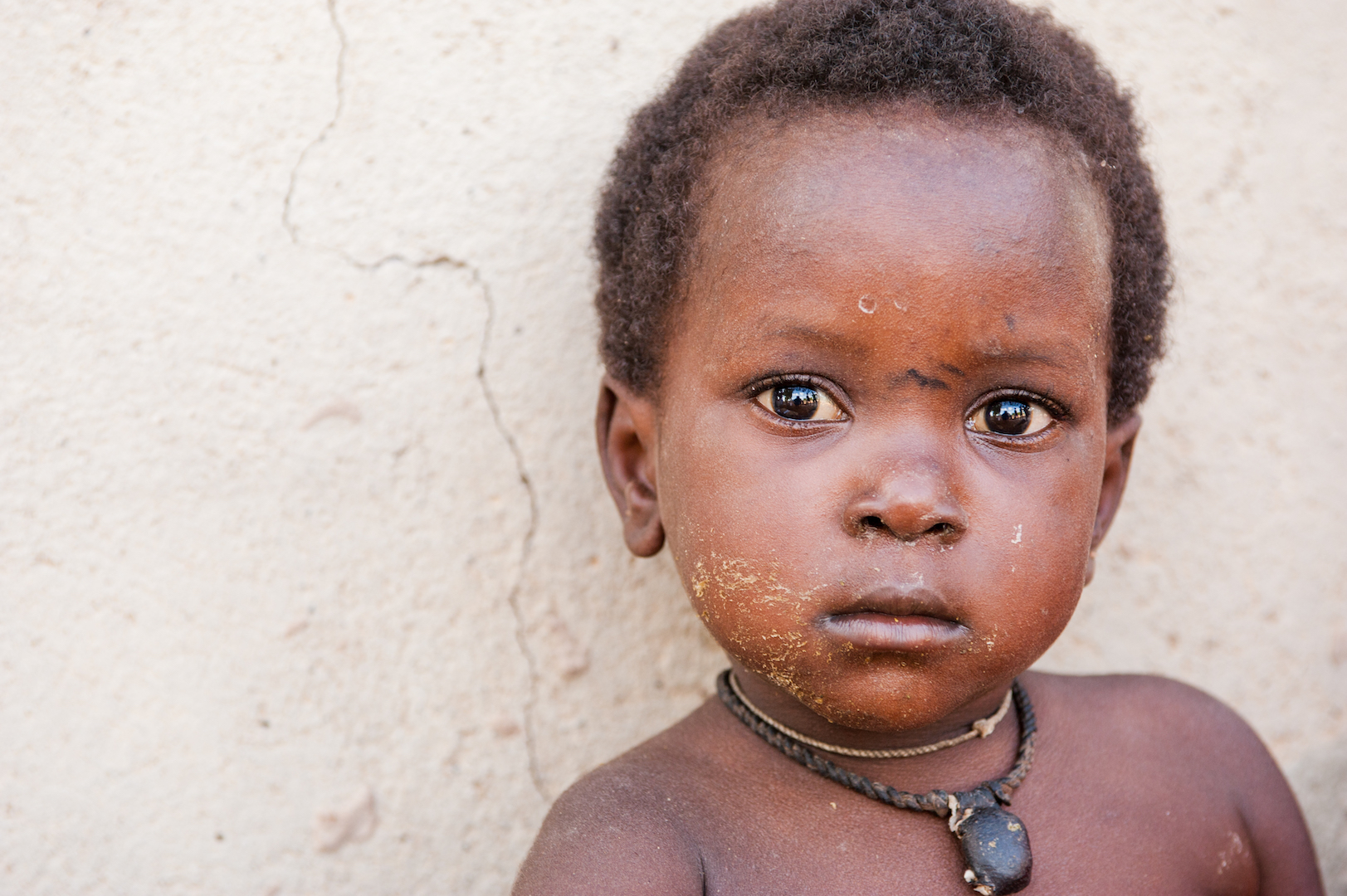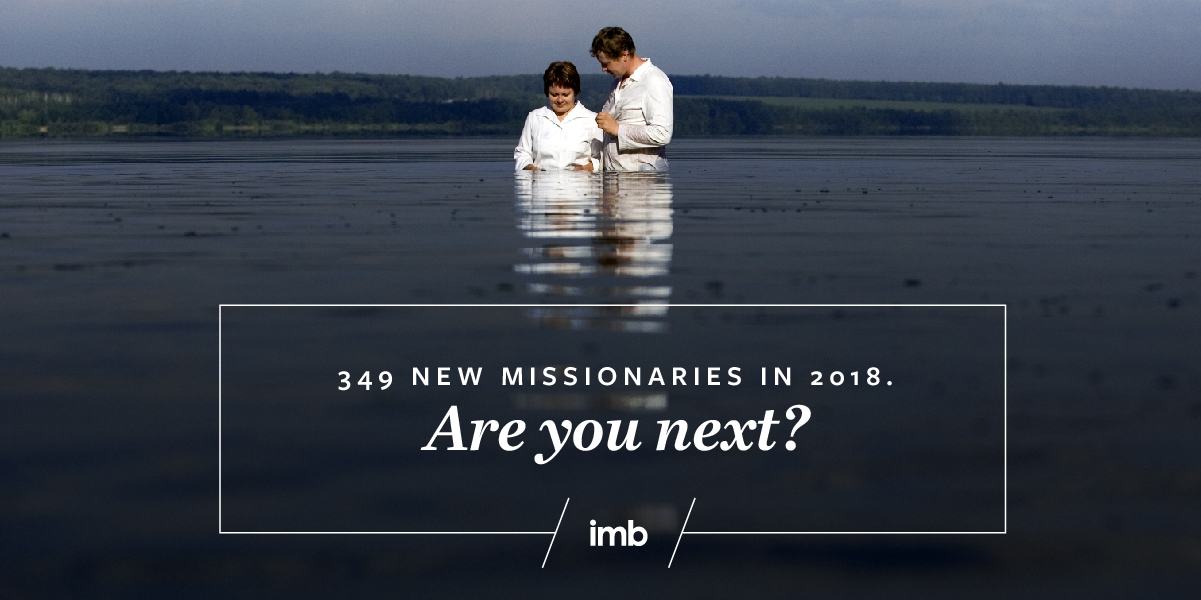
“Why would they do that?” a political pundit asked a few years ago in response to a news story about a medical missionary in a developing country who had contracted a dangerous virus. He was working on life-saving cures in a desperate part of the world.
Why would he do that? Why would this medical doctor give up a lucrative salary in the States, a secure career path, and the safety of an American suburb to spend his life among a forgotten people in an obscure place on the map?
It makes no sense, really. There are people in America he could be saving, the argument goes. It’s a great risk to his family, people say. But, still, this doctor goes. He goes, not because he will make a lot of money or will become famous. He won’t.
No, missionaries like this doctor go because they see what many in the rest of the world fail to see: the humanity of the most vulnerable. Where most of us look at a map or a news story and see “those people,” those who risk everything to alleviate human suffering around the globe see faces, souls, and bodies.
“Missionaries like this doctor go because they see what many in the rest of the world fail to see: the humanity of the most vulnerable.”
This is what Jesus was getting at when he shared the famous parable of the Good Samaritan in Luke 10. When religious leaders asked Jesus, “Who is my neighbor,” they weren’t asking because they were curious but because they were looking for loopholes to his outrageous command to “love your neighbor as yourself.”
Okay, Jesus, we get it, but surely there are limits to love. These people? Those people? C’mon!
Jesus said to those leaders—and says to us—that the people we’re least likely to see, whose humanity we’re most likely to ignore because of our tribes, our movements, or our biases—those people are our neighbors.
Of course, most of us would agree that every person is created in God’s image. But there are subtle, everyday ways that we dehumanize the most vulnerable. Here are three of them.
1. We let our politics shape our faith instead of our faith shaping our politics.
It’s important for Christians to actively engage in the societies where they are situated. If we care about the flourishing of our neighbors, we should use our voices and our resources to help shape a more just society. But we should always hold our politics loosely, allowing Scripture to shape our views rather than letting our views bend Scripture to fit the moment.
This is important for the way we view missions. We can, like the prophet Jonah, allow our biases keep us from seeing the humanity of people who don’t look like us and keep us from investing fully in God’s mission.
2. We value our own safety and comfort over the safety and comfort of the vulnerable.
Sometimes God calls us to leave the security of our environments and go toward the greatest area of spiritual and physical need. But if we value our own lives over the lives of those we’re called to serve, we will hesitate.
A good test of this is in the way we engage with people from other nations who might be living in our own communities? Are we willing to cross cultures and befriend them? Do we see the nations in our own backyard as people whom God loves?
3. We form opinions based on political considerations rather than spiritual considerations.
Jesus answered the age-old question of “Who is my neighbor?” by pointing to the people group we’re most likely to ignore or despise and saying, “They are your neighbors.” He asks us, “Who is the person on your Jericho Road, whose humanity you are tempted to ignore?” That person, Jesus reminds us, is our neighbor.
In God’s economy, there are no disposable, throwaway people because every human being—from Baltimore to Burundi, from London to Laos, from Richmond to Rwanda—is created in God’s image. And in God’s kingdom inaugurated by Jesus, the redeemed people of God are called to come alongside the most vulnerable, bearing the message that God has reconciled them to their Creator through his death and resurrection and embodying God’s kingdom by meeting physical human needs.
“In God’s economy, there are no disposable, throwaway people because every human being is created in God’s image.”
Sometimes our going involves literal going, signing up to serve in faraway places. At other times our going involves staying, but going across the street toward vulnerable people in our own community. Wherever we’re called, we go because human dignity demands we go because the good news of the gospel compels us to go and the glory of God invites us to go.
Doctors go, missionaries go, we go—not to save the world but because we’re the people God is sending to bear his message and live as a signpost of his kingdom. Because every human being bears the image of God.
Daniel Darling is the vice president of communications for the Ethics and Religious Liberty Commission of the Southern Baptist Convention and the author of several books, most recently The Dignity Revolution: Reclaiming God’s Rich Vision for Humanity (The Good Book Company, 2018). You can follow him on Twitter.


